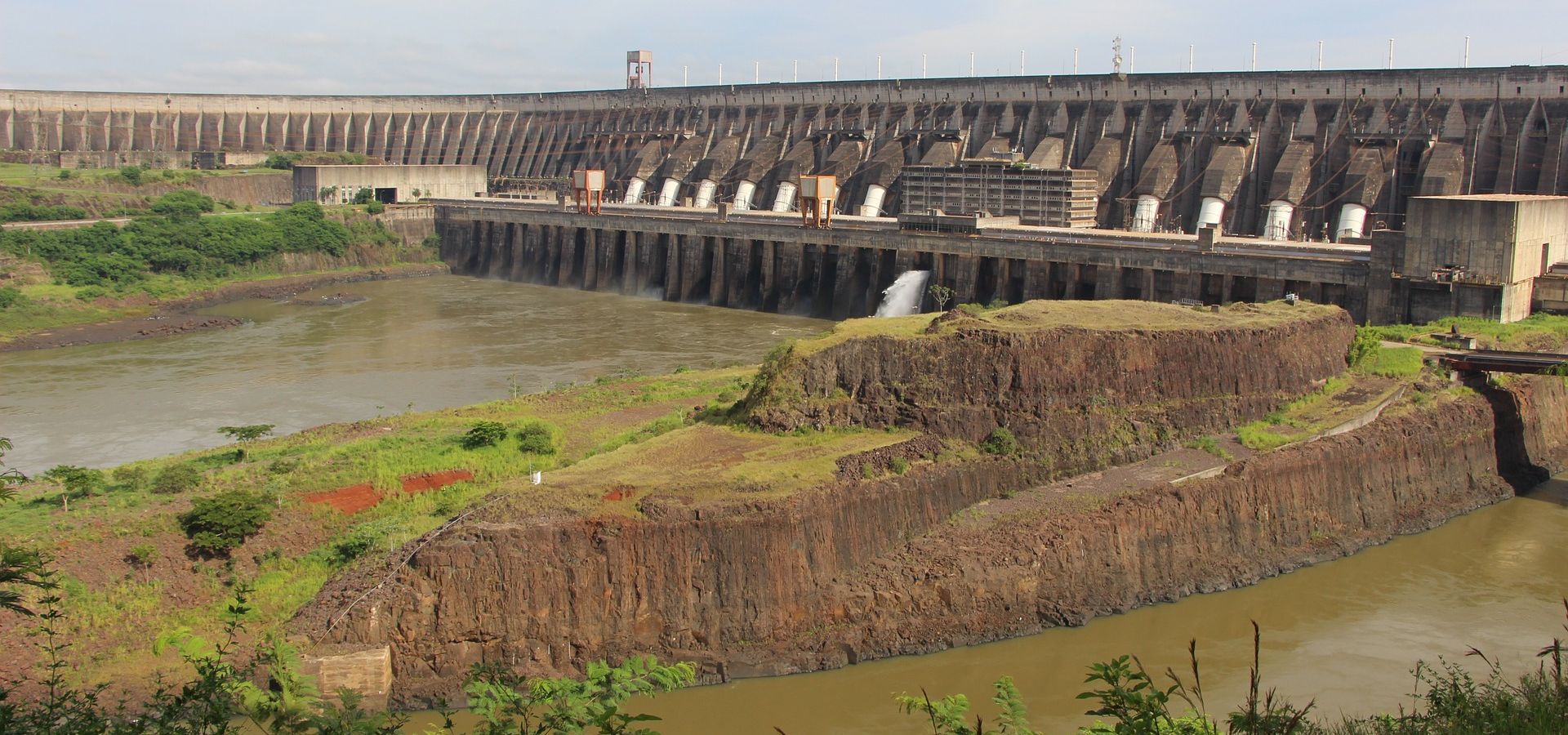Recent reports on the fires in the Amazon have dominated the international news on what’s currently going on in Brazil. The world is witness to the destruction of millions of acres of rainforest – the so-called lungs of the world. Brazil’s new President is widely criticized for rolling back environmental regulations in favor of Brazil’s powerful agricultural lobby. However, little attention has been given to changes in Brazil’s energy policy. So what exactly does Bolsonaro have in store for the country’s energy sector? Rebecca Bertram reports

Hydropower produces more than 70 percent of Brazil’s electricity, yet carbon emissions are the sixth highest in the world. (Public Domain)
This question is important as Brazil is a true energy power. The country is the ninth largest oil producer, the second largest hydropower and biofuels producer, and has the ninth largest installed wind capacity worldwide. Here, renewables (including more than 70 percent hydropower) cover more than 80 percent of the country’s installed electricity generation.
Brazil is the sixth largest producer of CO2 worldwide, and therefore much of the concern about the Brazil’ energy policy has to do with its impacts on climate change. For the Paris Climate Agreement the country pledged to reduce its carbon emissions by 37 percent by 2025 compared to the base-year 2005. In order to achieve this goal Brazil has concentrated much of its climate policy on reforestation efforts in the Amazon. The CO2 saving potential here is huge: In 2015, deforestation in the Amazon accounted for 46 percent of the country’s carbon emissions. As fires in the region reduce this particular saving, other sectors, such as energy and transportation, need to step up and fill the gap.
But this looks unlikely under President Bolsonaro. One year after his election, his energy policy leaves room for much clarity. Although he has called for a neo- liberal reform of Brazil’s energy sector to make it “more flexible, more open, more competitive and profitable”, little has taken shape to date. Experts expect that the government is to try and liberalize the energy sector from its monopolistic structure – both oil companies Petrobras and electric utility Eletrobras are state owned – to allow for more competition within the energy system as a whole.
Can it work? Petrobras controls almost all of the country’s natural gas pipelines. Opening it up would allow other players to market natural gas, thus driving down prices. At the moment, Brazil has one of the highest natural gas prices in the world; seven times higher than prices in the United States. Eletrobras, which owns a third of Brazil’s electricity generation and half of the transmission lines, also needs reforms. Hydropower produces more than 70 percent of all electricity in the country, but water levels have fallen to dramatic lows in recent years, making this source increasingly unstable. As a result, electricity prices have more than doubled over the past ten years.
At the same time, Brazil’s electricity demand is growing. Energy experts expect that demand will increase by around 30 percent by the year 2027. Under current projections, renewables will only be able to cover about 70 percent of this growth. As such, their share would fall as demand rises. Instead of encouraging the rapid build-up of the country’s renewable energy sources, Bolsonaro’s government is seeking to expand natural gas and nuclear power to meet the growing demand. Rather than making important investments today into an updated and climate-friendly electricity grid, taxes on fossil fuels are being reduced.
An energy transition in the transport sector also looks unlikely. The world’s second largest producer of biofuels disposes of the largest fleet of so-called flex-fueled vehicles that can run on just ethanol. While the former government put regulations in place in 2017 to reduce carbon intensity in the transport sector – essentially increasing the share of biofuels in the fuel supply by 30 percent – little has been done to electrify Brazil’s vehicle fleet. Although a transportation sector based primarily on biofuels is not sustainable, little is believed to change in this regard given Bolsonaro’s close ties to the country’s powerful agricultural lobby.
Both Brazil’s energy and transport sector need urgent reforms to make them fit for the future. Bolsonaro claims to make serious efforts in liberalizing and modernizing the energy sector. Unfortunately, these fall well short of compensating for the disastrous climate effects of the Amazonas fires. Brazil’s energy balance is not fit for the future, neither for that of this big country nor that of the world.